EDITORIAL
Published on 29 May 2024
Editorial: Cultural considerations in relation to mental health stigma
doi 10.3389/fpsyt.2024.1434319
- 1,799 views
- 1 citation
4,823
Total downloads
23k
Total views and downloads
Select the journal/section where you want your idea to be submitted:
EDITORIAL
Published on 29 May 2024
BRIEF RESEARCH REPORT
Published on 14 Mar 2024
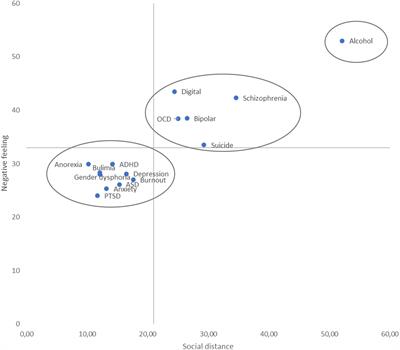
ORIGINAL RESEARCH
Published on 05 Mar 2024
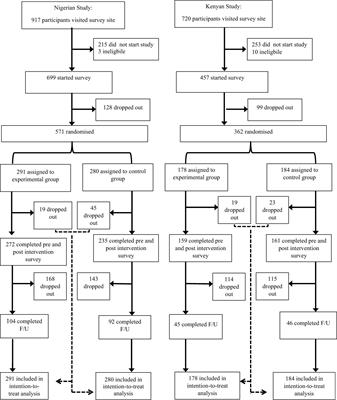
ORIGINAL RESEARCH
Published on 31 Jan 2024

ORIGINAL RESEARCH
Published on 16 Jan 2024
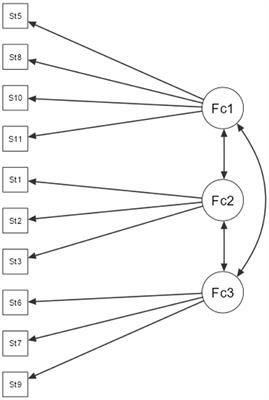
ORIGINAL RESEARCH
Published on 19 Oct 2023
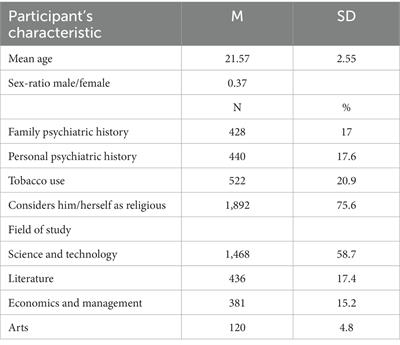
ORIGINAL RESEARCH
Published on 09 Aug 2023

OPINION
Published on 03 Aug 2023
ORIGINAL RESEARCH
Published on 31 Jul 2023

ORIGINAL RESEARCH
Published on 10 Jul 2023
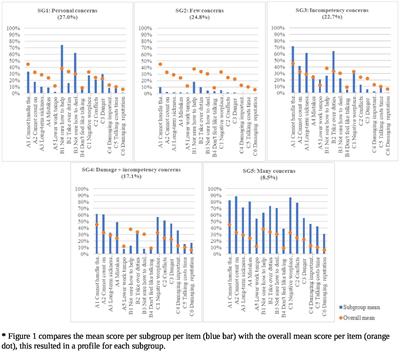

Frontiers in Public Health